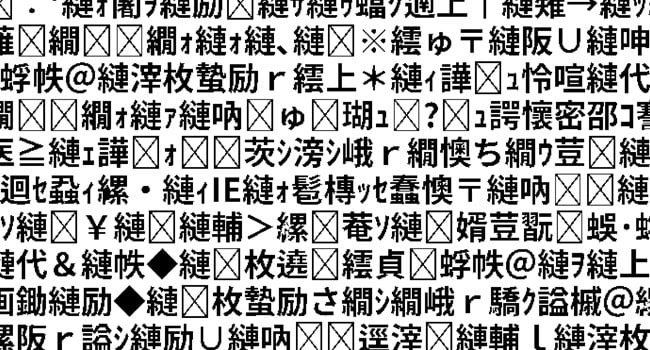Kodning


Förkortningar
- UTF - Unicode Transformation Format
- ASCII - American Standard Code For Information Interchange
- BOM - Byte order mark
Citat
UTF-8 is an encoding - Unicode is a character set
The difference between UTF-8 and Unicode?
UTF-8 and Unicode cannot be compared. UTF-8 is an encoding used to translate binary data into numbers. Unicode is a character set used to translate numbers into characters.
Lista
"Unicode"
isn't an encoding, although unfortunately, a lot of documentation imprecisely uses it to refer to whichever Unicode encoding that particular system uses by default. On Windows and Java, this often means UTF-16; in many other places, it means UTF-8. Properly, Unicode refers to the abstract character set itself, not to any particular encoding.
UTF-16
2 bytes per "code unit". This is the native format of strings in .NET, and generally in Windows and Java. Values outside the Basic Multilingual Plane (BMP) are encoded as surrogate pairs. (These are relatively rarely used - which is a good job, as very few developers get them right, I suspect. I very much doubt that I do.)
UTF-8
Variable length encoding, 1-4 bytes per code point. ASCII values are encoded as ASCII using 1 byte.
UTF-7
Usually used for mail encoding. Chances are if you think you need it and you're not doing mail, you're wrong. (That's just my experience of people posting in newsgroups etc - outside mail, it's really not widely used at all.)
UTF-32
Fixed width encoding using 4 bytes per code point. This isn't very efficient, but makes life easier outside the BMP. I have a .NET Utf32String class as part of my MiscUtil library, should you ever want it. (It's not been very thoroughly tested, mind you.)
ASCII
Single byte encoding only using the bottom 7 bits. (Unicode code points 0-127.) No accents etc.
ANSI
There's no one fixed ANSI encoding - there are lots of them. Usually when people say "ANSI" they mean "the default locale/codepage for my system" which is obtained via Encoding.Default, and is often Windows-1252 but can be other locales.